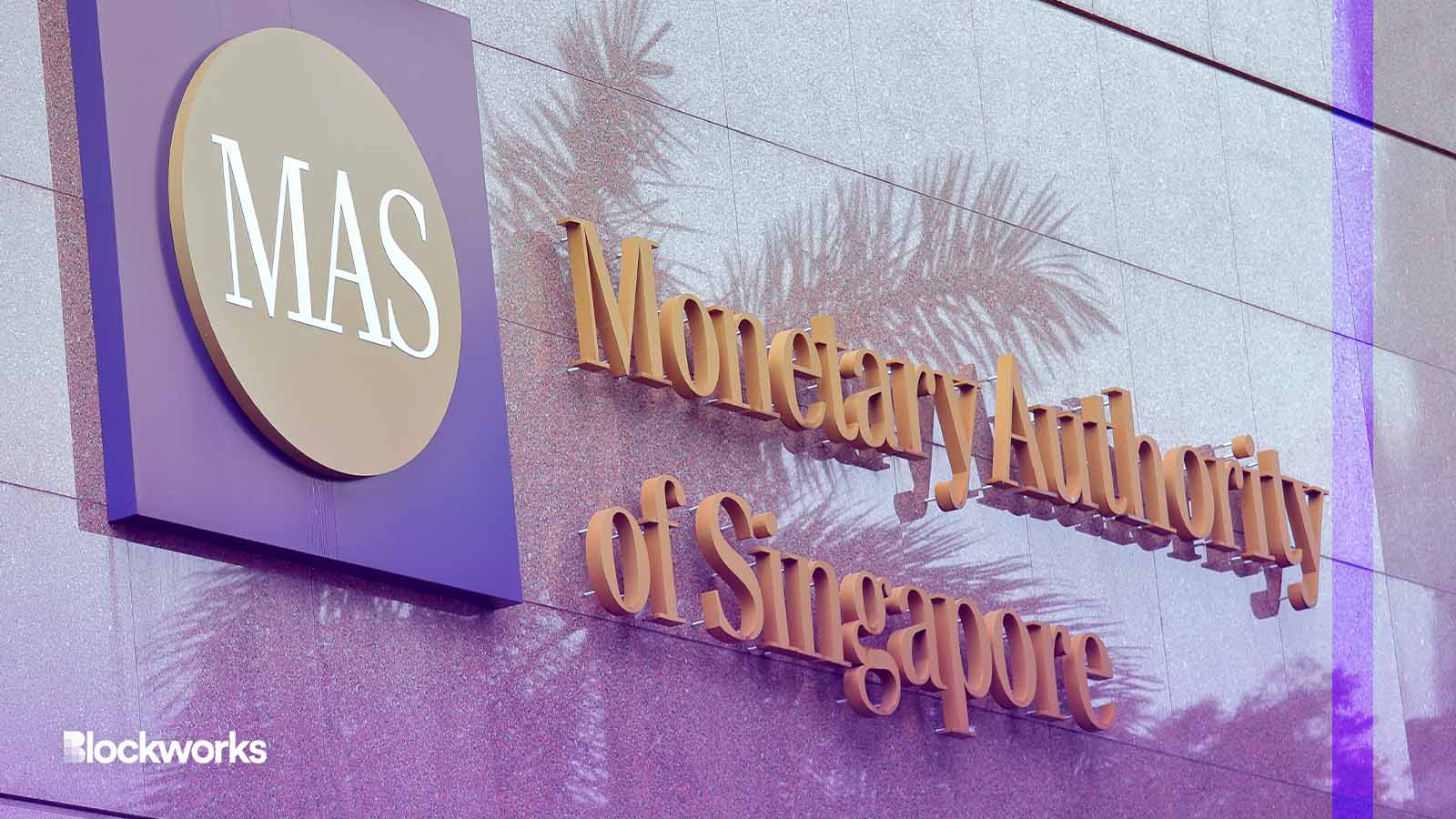Crypto Compliance: Monetary Authority of Singapore (MAS)
Singapore's central bank, MAS, warns of risks in cryptocurrencies and NFTs, providing regulatory guidelines for compliance. Risks include money laundering and terrorism financing. Bitcoin, Ethereum, Tether, and NFTs identified as especially risky.

Crypto Compliance: Singapore's Central Bank Regulatory Guidelines
Singapore’s central bank, the Monetary Authority of Singapore (MAS), recently issued a report outlining the crucial risks associated with cryptocurrencies and Non-Fungible Tokens (NFTs). The report also provides regulatory guidelines for crypto compliance. MAS went on to differentiate between various digital assets, such as cryptocurrencies and stablecoins, and assessed the risk factors for each. The bank stressed the importance of robust risk management procedures to counter potential money laundering and terrorism financing. If a digital asset can be traded, transferred or used as a method of payment or investment, it presents a risk, according to the MAS. The bank also noted that tokens not backed by a government or regulated entities, tokens under decentralized governance, and those easily exchanged for fiat currency present additional risks. Cryptocurrencies like bitcoin (BTC), ether (ETH), and tether (USDT), in addition to NFTs, were identified as especially risky. The MAS encouraged banks to monitor digital payment token service providers to prevent illicit activities and suggested using blockchain analytics tools for holistic risk management.
Shaping the Future of Crypto Compliance: Implications of the MAS Report on the Fintech Innovation
The recent report by the Monetary Authority of Singapore (MAS), addressing the intricate risks of cryptocurrencies and Non-Fungible Tokens (NFTs), unveils a new era in the digital assets landscape, affecting an array of financial institutions, from banks to cryptocurrency exchanges and fintech firms. Singapore's regulatory jurisdiction, known for its proactive approach, sets a tone that may ripple through global financial regulations.
MAS's perspective on Singapore's regulations related to anti-money laundering (AML) and countering the financing of terrorism (CFT) in the digital assets context suggests an imminent evolution in regulatory compliance requirements. These changes could amplify the compliance burden for financial institutions, driving them towards innovative, technology-enabled risk management systems, transaction monitoring mechanisms, and robust customer due diligence procedures.
Additionally, financial institutions might be pushed towards adopting emerging technologies such as blockchain analytics tools, marking a potential upswing in fintech innovation. This adaptation could see a strategic shift in their approach to cryptocurrencies and NFTs, with increased risk-awareness and possibly altering their digital asset offerings.
Interestingly, this shift may have a dual effect. On one hand, it could decelerate the growth of high-risk digital assets, potentially stifling blockchain innovation. On the other hand, risk-tolerant investors might find these assets more enticing, thereby creating a niche of robust, transparent crypto markets.
Financial institutions could respond to this change by fortifying their risk assessment and management practices, focusing more on understanding the different types of digital assets, and investing in AML/CFT controls like advanced analytics and AI tools. Moreover, upskilling employees about these changes and associated risks becomes a priority.
Active engagement with regulators like MAS becomes crucial for institutions to stay updated with guidelines and changes. A global echo of MAS's approach could be seen soon, shaping international crypto regulations and emphasizing Singapore's leadership in financial regulatory innovation.
The pace of these changes is largely dependent on the issuance of new or revised regulatory requirements by MAS, typically giving financial institutions a transition period ranging from a few months to a year. However, the timeline could also align with global regulatory developments influenced by MAS's stance.
In conclusion, the MAS report underscores the urgent need for robust regulatory mechanisms for digital assets. Its profound implications on the crypto landscape may set a new course for financial institutions globally, opening new avenues for compliance, risk management, and fintech innovation.
Read More

Reduce your
compliance risks


